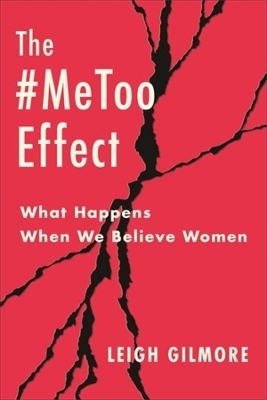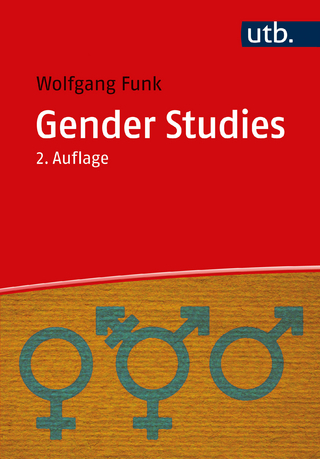
The #MeToo Effect
Columbia University Press (Verlag)
978-0-231-21657-9 (ISBN)
The #MeToo movement inspired millions to testify to the widespread experience of sexual violence. More broadly, it shifted the deeply ingrained response to women’s accounts of sexual violence from doubting all of them to believing some of them. What changed?
Leigh Gilmore provides a new account of #MeToo that reveals how storytelling by survivors propelled the call for sexual justice beyond courts and high-profile cases. At a time when the cultural conversation was fixated on appeals to legal and bureaucratic systems, narrative activism—storytelling in the service of social change—elevated survivors as authorities. Their testimony fused credibility and accountability into the #MeToo effect: uniting millions of separate accounts into an existential demand for sexual justice and the right to be heard.
Gilmore reframes #MeToo as a breakthrough moment within a longer history of feminist thought and activism. She analyzes the centrality of autobiographical storytelling in intersectional and antirape activism and traces how literary representations of sexual violence dating from antiquity intertwine with cultural notions of doubt, obligation, and agency. By focusing on the intersectional prehistory of #MeToo, Gilmore sheds light on how survivors have used narrative to frame sexual violence as an urgent problem requiring structural solutions in diverse global contexts. Considering the roles of literature and literary criticism in movements for social change, The #MeToo Effect demonstrates how “reading like a survivor” provides resources for activism.
Leigh Gilmore is professor emerita of English at the Ohio State University. She is the author of Tainted Witness: Why We Doubt What Women Say About Their Lives (Columbia, 2017), The Limits of Autobiography: Trauma and Testimony (second edition, 2023), and Autobiographics: A Feminist Theory of Women’s Self-Representation (1994), as well as coauthor of Witnessing Girlhood: Toward an Intersectional Tradition of Life Writing (2019). She contributes regularly to WBUR’s Cognoscenti.
Preface
Introduction: The #MeToo Effect
Part I: Narrative Activism and Survivor Testimony
1. The #MeToo Effect: From “He Said/She Said” to Collective Witness
2. Buildup: Survivors in Public, Trump, and the Women’s March
3. Breakthrough: #MeToo Silence Breakers
4. Backdrop: Antirape Lineage from Harriet Jacobs to Tarana Burke
5. #MeToo Stress Test: The Kavanaugh Hearings
Part II: Narrative Justice and Survivor Reading
6. Reading Like a Survivor
7. #MeToo Storytelling
8. Consent Before and After #MeToo
Conclusion: Promising Young Women--What We Owe Survivors
Acknowledgments
Notes
Bibliography
Index
| Erscheinungsdatum | 24.04.2024 |
|---|---|
| Reihe/Serie | Gender and Culture Series |
| Zusatzinfo | 2 images: a Tweet and a Times magazine cover |
| Verlagsort | New York |
| Sprache | englisch |
| Maße | 152 x 229 mm |
| Themenwelt | Sozialwissenschaften ► Politik / Verwaltung |
| Sozialwissenschaften ► Soziologie ► Gender Studies | |
| ISBN-10 | 0-231-21657-2 / 0231216572 |
| ISBN-13 | 978-0-231-21657-9 / 9780231216579 |
| Zustand | Neuware |
| Haben Sie eine Frage zum Produkt? |
aus dem Bereich


